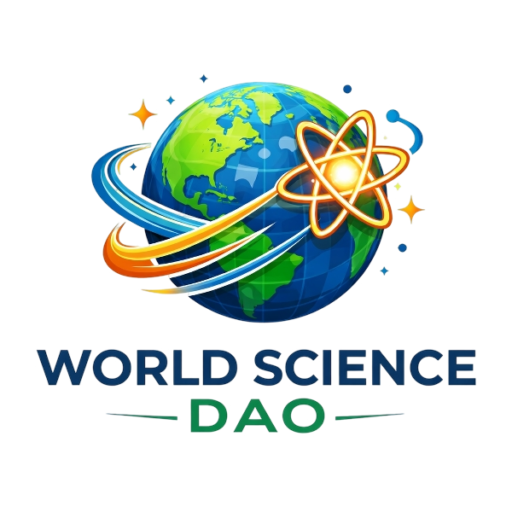Blockchain ensures transparency, security, and decentralization by recording data on an immutable public ledger. It enables trust without intermediaries, automates transactions through smart contracts, and provides global, tamper-proof access—making systems more efficient and fair.
Ads:
| Description | Action |
|---|---|
|
A Brief History of Time
A landmark volume in science writing exploring cosmology, black holes, and the nature of the universe in accessible language. |
Check Price |
|
Astrophysics for People in a Hurry
Tyson brings the universe down to Earth clearly, with wit and charm, in chapters you can read anytime, anywhere. |
Check Price |
|
Raspberry Pi Starter Kits
Inexpensive computers designed to promote basic computer science education. Buying kits supports this ecosystem. |
View Options |
|
Free as in Freedom: Richard Stallman's Crusade
A detailed history of the free software movement, essential reading for understanding the philosophy behind open source. |
Check Price |
As an Amazon Associate I earn from qualifying purchases resulting from links on this page.


